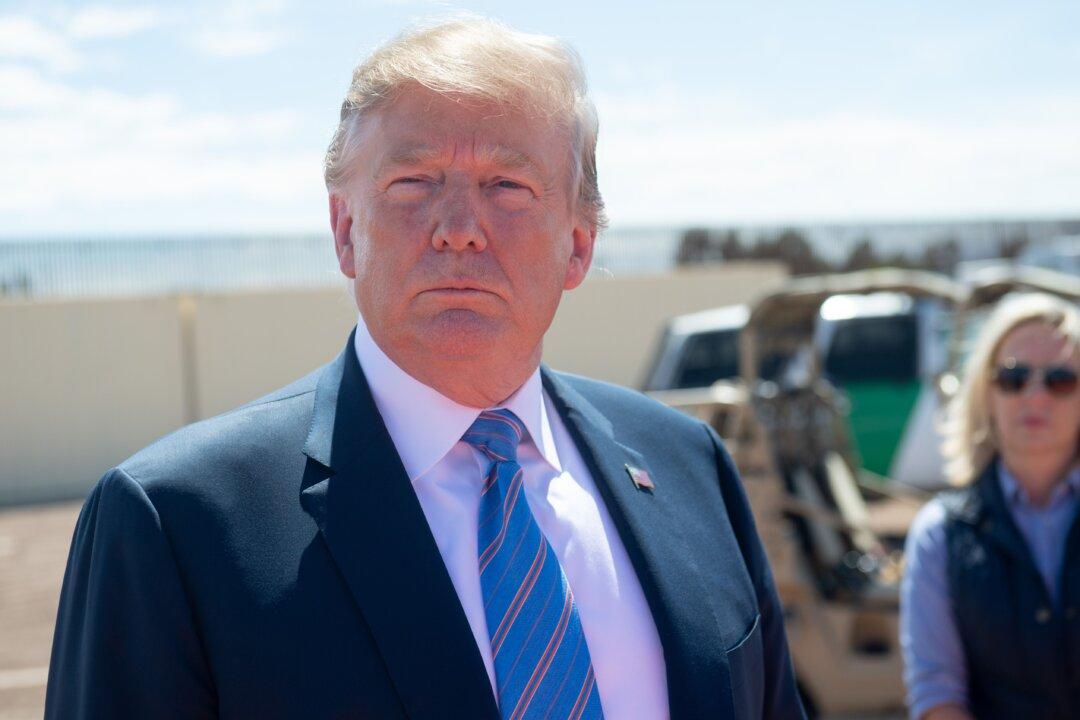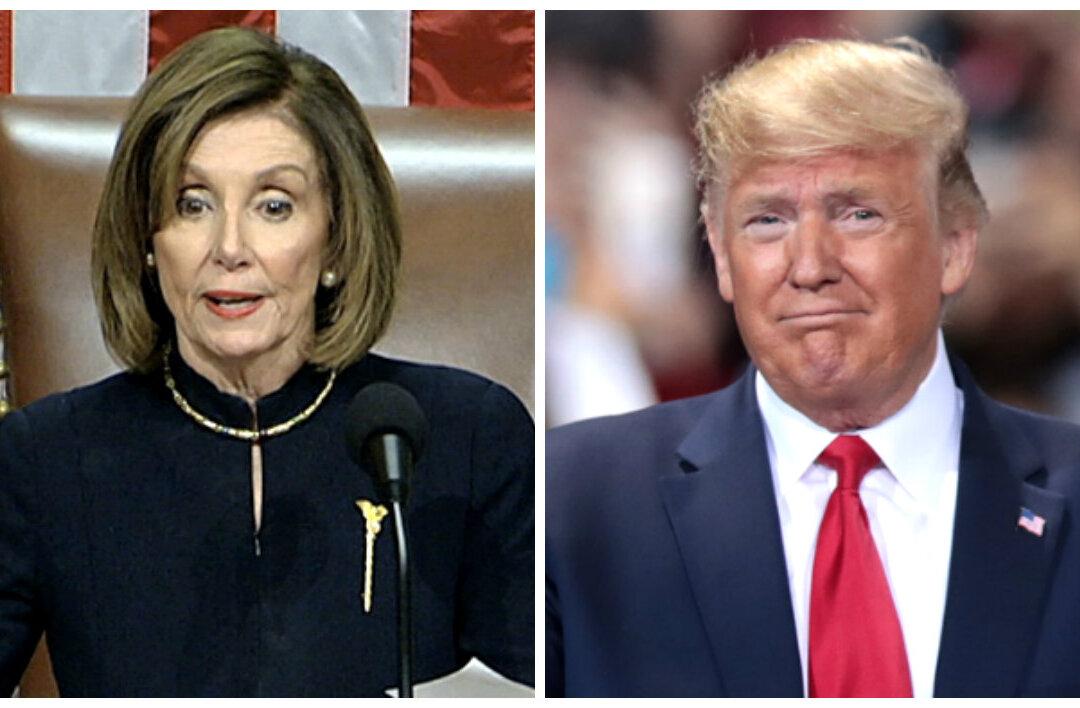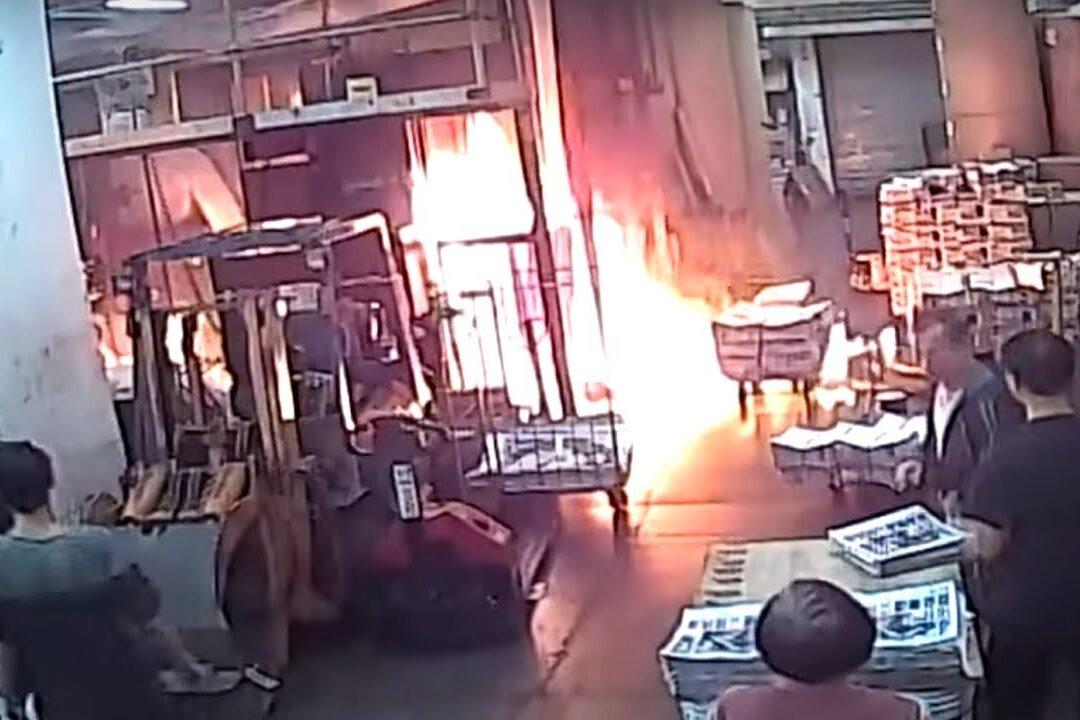WASHINGTON—President Donald Trump said he was considering financial penalties on Mexico for the drugs that come into the United States through the border, a common route for drugs manufactured in China.
“I’m looking at an economic penalty for all of the drugs that are coming in through the southern border and killing our people,” he told reporters in Washington on his way to see the border on April 5.





